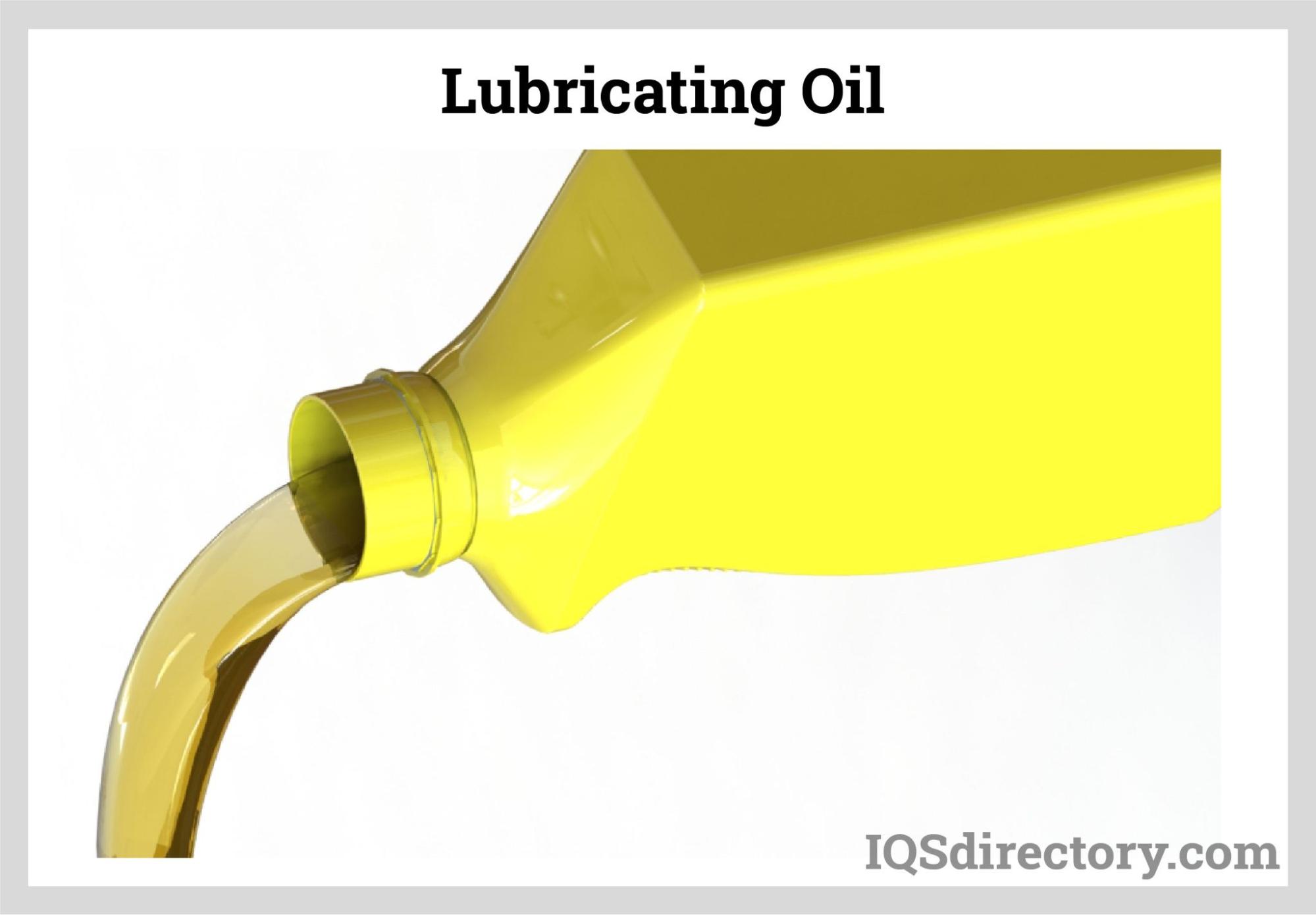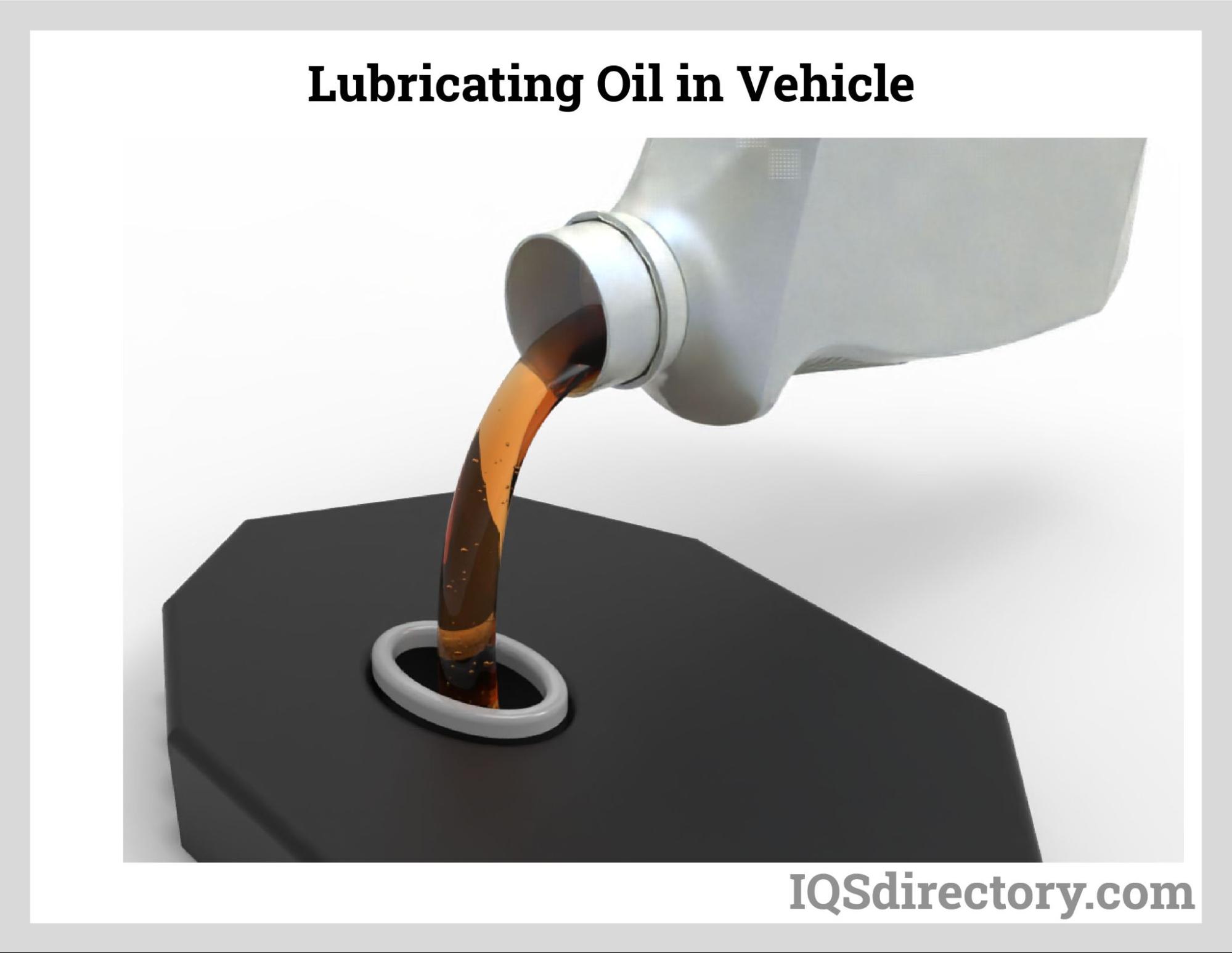Lubricating Oil
Lubricating oil is an umbrella phrase used to characterize various oils. Lubricating oils can either be synthetic or mineral-based. This article focuses on petroleum-based lubricating oils, which are used to lubricate a variety of internal combustion engines and are made up of 80–90% petroleum hydrocarbon distillates and 10–20% additives. Lubricating oil exposure occurs mostly through inhalation and skin contact in occupational and general populations. Eye, skin, and respiratory tract irritation have all been linked to acute exposure.
Given that several of the tested lubricating oils are carcinogenic, they should be properly labeled as potentially cancerous. There are various types of lubricating oil, including synthetic, petroleum, and natural versions. Lubricating oil performs various functions in machinery, including reducing electric currents and protecting against corrosion. In addition, lubricating oil can be used to cool machines since it has a higher boiling point than water. These are referred to as heat transfer oils.

Characteristics of Lubricating Oil
As an organic base petroleum, mineral oil is often used to make lubricating oil. Vegetable oil as a base can also be transformed into synthetic oil by adding other compounds to improve its lubricating properties, such as corrosion resistance. Ester, silicone, hydrogenated polyolefins, and fluorocarbons are typical synthetic liquids. Increased viscosity, which is essentially a substance's thickness and how easily it travels across space, is another property that synthetic oils provide. Water is liquid and flows readily when unconfined; hence it would be regarded as having low viscosity. Because honey moves slowly and is a thick substance without being hard, it has a high viscosity. A lubricant's viscosity should be high, so it will coat and adhere to the machine for longer. Because of this, grease is a different lubricant used in various applications.
Categories of Lubricating Oil
Lubricating oil falls into two categories: mineral and synthetic. Mineral oils are lubricating oils processed from crude oil found naturally. Lubricating oils made in factories are known as synthetic oils. Because it is cheap to extract oils from crude oil, mineral lubricating oils are currently the most often used kind. Mineral oils can also be produced with varied viscosities, making them helpful in various applications. Some lubricating oils are particularly beneficial because they can be combined with lubricating oils of various viscosities. For instance, standard motor oil typically consists of a blend of low-viscosity oil to facilitate easy starting at cool temperatures and a high-viscosity oil to improve performance at ambient running temperatures.
Benefits of Using Lubricating Oil
The popularity of biodegradable lubricants, which are frequently oil-based, is partly due to the widespread use of lubricating oils. Examples of biodegradable organic oils include palm oil, castor oil, and sunflower seed oil. These oils reduce environmental impact and protect the environment from potentially harmful chemical emissions while disposing of conventional lubricants.
Applications of Lubricating Oil
Oil does not readily stick to other surfaces when coupled with water, as many individuals have discovered. Oil is frequently employed as a lubricant as a result. Lubricating oil is applied to moving parts and areas of friction in industrial settings to stop wear. For machinery to function smoothly and dependably, bearings dies, chains, cables, spindles, pumps, rails, and gears must all be greased. Oil is utilized for more than just lubrication in industry. Oil is necessary for an automobile to function correctly, and car owners are advised to change their oil every 3,000 miles. The equipment in the food service sector is likewise made of oil. Due to the potential for accidental contact between lubricated machinery and food products, the FDA has certified special oils for use with food. Since they must be particularly created to be both effective lubricants and safe for digestion just in case they come into contact with any food products, food-grade lubricants are synthetic. Synthetic oil has had its base oil chemically changed. Compressors, bearings, engines, gearboxes, turbines, and many more industrial uses all use oil, one of the most commonly used lubricants. Vehicle lubricating lubricants are essential to their operation. For example, it will require less effort to move the pistons of an engine that has been properly oiled since the pistons move effortlessly.

Use in Vehicles
Vehicles must utilize lubricating oils to function. When an engine is properly oiled, moving the pistons requires less effort because they glide smoothly. Long-term, this translates to the car being able to run on less fuel and at a cooler temperature. Overall, using lubricating oil properly in a car increases efficiency and lessens wear and tear on moving engine components.

Recycling
Several attempts have been made to recycle old lubricants because lubricating oils are such a valuable resource. Re-refineries recycle used lubricating oil by dehydrating it to eliminate water. Vacuum distillation removes impurities like industrial fuel from old oil before the oil is collected. Unfortunately, this produces a large amount of garbage, including oil by-products and additives. After being extracted, the lubricating oil undergoes refinement procedures to eliminate additional contaminants. After refinement, the oil is divided into three viscosities for various applications.
Choosing the Proper Lubricating Oil Manufacturer
To make sure you have the most beneficial outcome when purchasing lubricating oil from a lubricating oil manufacturer, it is important to compare at least four manufacturers using our lubricating oil directory. Each lubricating oil manufacturer has a business profile page that highlights their areas of experience and capabilities and a contact form to directly communicate with the manufacturer for more information or request a quote. Review each lubricating oil business website using our patented website previewer to get an idea of what each company specializes in, and then use our simple RFQ form to contact multiple lubricating oil companies with the same form.

